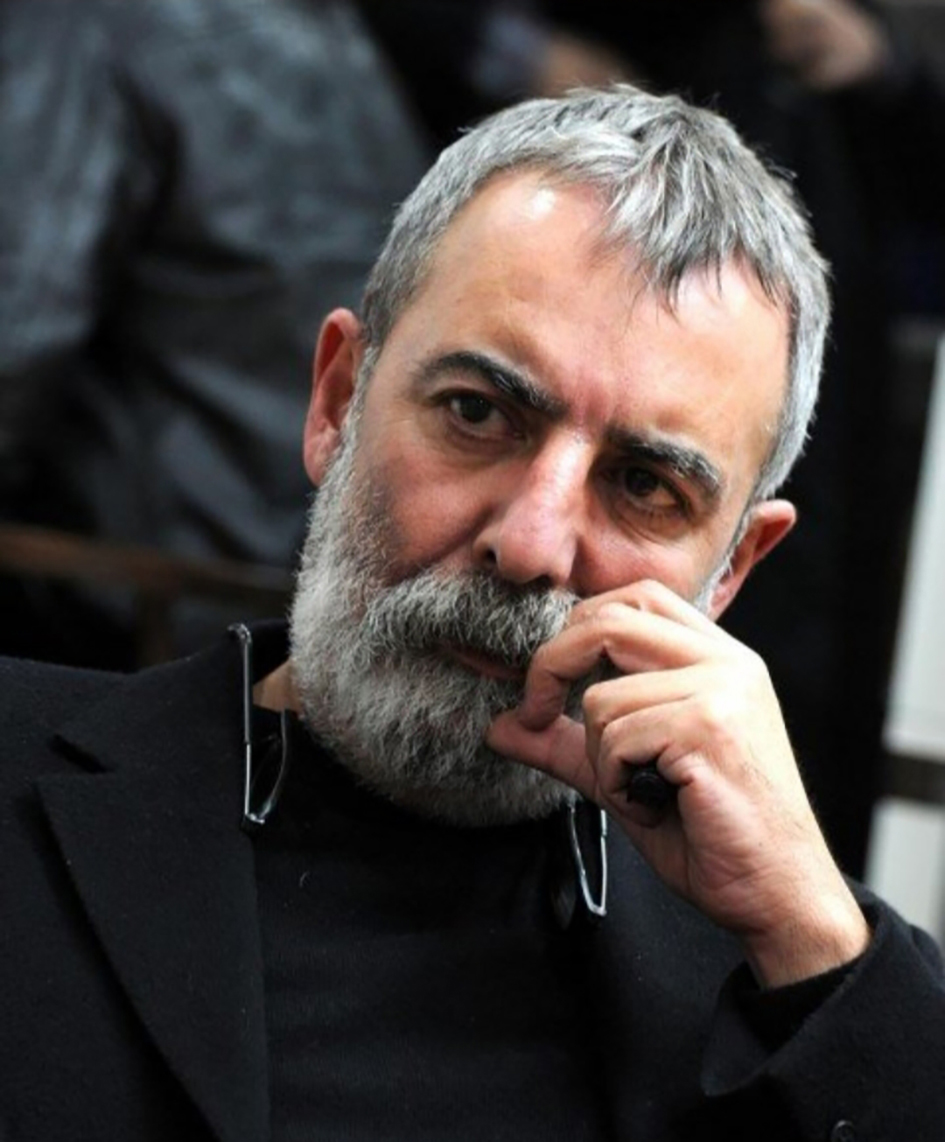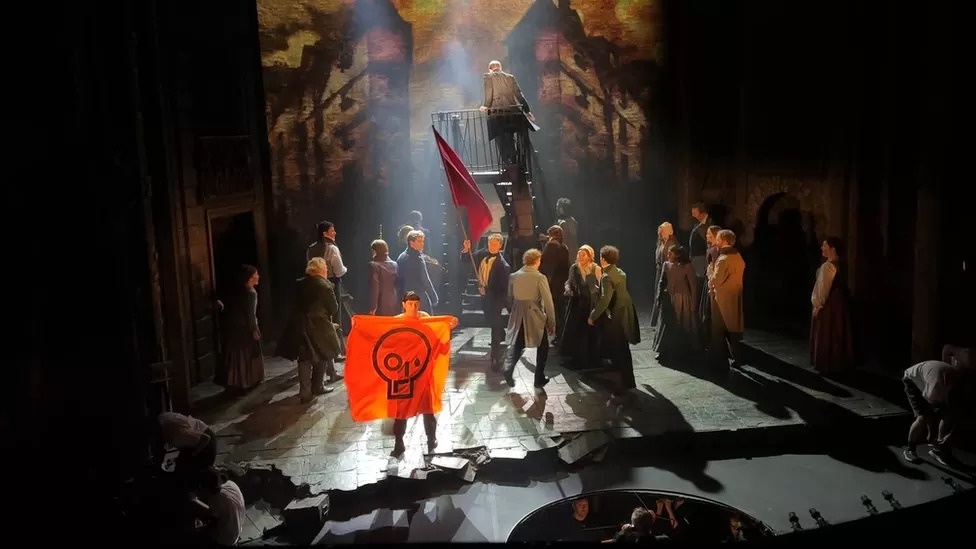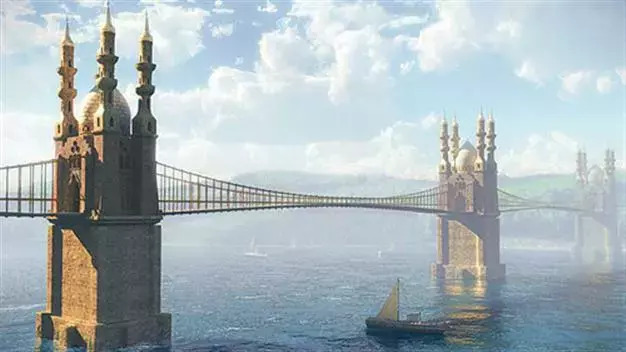Tamer Karadağlı was appointed as the General Director of State Theaters by the Presidency. How do you evaluate this decision?
Appointment by political figures to public art institutions is a problematic situation in itself. Founded in 1949, State Theaters is an art institution with significant historical depth. It has never undergone a management revision commensurate with its expansion. While the latest appointment has raised serious concerns, it won’t be fair to point fingers at Tamer Karadağlı. The root of the problem lies in the self-confidence of those who believe they have the authority to appoint whomever they want, and the monist, authoritarian, statist power holders who embody this self-confidence.
Moving on to the second part of your question, there are many factors that ensure the continuity of a corporate structure. One of the most important factors is the rooted “tradi- tions” However, during this current government’s rule, the appointment of the General Manager, one of the most important practices of the State Theaters, has been violated twice before this latest move. The appointment of an artist who has no prior experience with State Theaters or any public art institution as General Manager is a clear indication that the problem is becoming even more problematic.
How would you evaluate the intervention of the governments and politicians to state theaters?
Tragically most of the politicians in power somehow believe that their profession is above all professions so it is not very surprising when they try to manage an even guide our careers. If one had a role in child play during primary school years they even feel more equipped to do so. I am afraid this is the case and it will be so.
What should be a must for all public art institutions is that “intervention” should be made impossible and supervision should be limited to economic control and care to preserve the weight of local copyrighted works. This is the issue of culture and embracing culture, which is where most of our dilemmas arise – in short, it would be good for art lovers to share a little of Aytmatov’s motto “to love is to love” Love is hard work.
Today, we often see that individuals who show loyalty are rewarded in institutions even when they do not deserve it. But, when we look at the history of that particular institution, can we say that the current situation results from unresolved underlying issues? What was the most significant problem that caused this situation?
When we talk about “competence” and “suitability”, we must consider both merit and legitimacy. In your words, “today”, lack of legitimacy is the biggest threat to society. Without legitimacy, these terms lose their true meaning. Nowadays, lack of legitimacy poses the greatest threat to society. The determination of merit and deservingness is often based on brute force. And since power begets power, the primary criterion for success is often limited to one’s ability to exert power.
The second part of your question holds great significance. The State Theaters Law No. 5441 had once granted the institution immense powers and autonomy, but today, it has been severely curtailed. The art institution should have taken a strong and collective stand to prevent these powers from being constantly disrupted by political bureaucracy. However, there is a weakness in their approach that needs to be discussed in detail. Furthermore, restructuring the “expanding body” on the basis of decentralization was inevitable. Although there were some valuable initiatives taken in a short period of time, this re-structuring requirement has not been fully realized yet. I should say that is a long and serious topic. I am in my 47th year of being a professional and, without exaggeration, I am someone who has been talking about this issue for 47 years and I am bored of it.
It was said that the source of dismissals in state theaters was always based on security investigations. How do you react to the artist being profiled in this way?
I am one of the theater actors who was dismissed by Martial Law- Law No. 1402 following the 1980 coup. In our heavenly homeland, those in authority who wanted to send us direct- ly to heaven never failed us. However, since I am not familiar with the internal workings of the State Theaters, it would not be right for me to express an opinion on this matter. There were investigations and dismissals at the Istanbul City Theaters as you said. How can I cope with this situation as a professional Turkish citizen who has been tagged for life? Of course, I will shield my chest against all struggles!
Do you have any thoughts on the concepts of “state artist” and “awards’’ to state artist”? In socialist countries, the state’s relationship with artists has often been controversial. Many films have explored the pressures faced by artists due to censorship. It’s often asked whether socialists truly create a free environment for artists. What are your thoughts on this matter?
The title of State Artist in our country was established by the wisdom of the 12 September military Pashas (Turkish military’s highest rank). However, it would be unfair to blame the Soviet bloc for it solely. In fact, every Western country has similar medal ceremonies at the central or federal level, which are not necessarily bad. For instance, I have many friends who have received the Legion d’Honneur from the French government, and I did not tease them by asking if they had become French mercenaries. I believe that the issue (problem) is between power/state and the artist and this comes from from a simple opposition (conflict). Power/ state tries to maintain the status quo, while our side represents imagination. It is a straightforward antagonism. We should separately discuss your query’s last and most significant question, and I think 1928 was the turning point.
It has been difficult for “state” and “theater” to coexist harmoniously. Can the private sector help bridge this gap? Would supporting the private sector lead to a better outcome?
Although the concepts of state or municipality may seem unappealing, we can frame the issue as “public subsidy”. By doing so, we can separate the discipline of theater from an organization that has ideology and coercive tools. Even an Asiatic organisation, which collects taxes from its citizens, accepts that it must provide services to them. These services include infrastructure such as sewage systems, highways, railways, and waste-water treatment plants, as well as entertainment options like opera, ballet, theater, and cinema. While some public services generate income, others, like sewerage and theater, fulfil necessary public needs. By moving away from wild capitalism and its prof- it-maximizing derivatives, we can focus on providing for the mandatory needs of our citizens.
I wouldn’t object to the private sector sponsoring the arts without seeking any concrete benefit, but I believe it would be a disaster if the task of subsidizing the arts was solely left to the private sector. Although there are private sector groups that invest in the arts, they do valuable work. For example, İKSV, founded by the Eczacıbaşı group, has done an excellent job, but they haven’t built any theater, opera house, symphony hall, or arts center as a festival venue. In short, the private sector can be more effective if it can establish a balance between wanting and doing.
According to your observations, was there ever a time when merit was able to translate into life?
In a way, I can say yes. It is all relative, of course. In the year I began my professional career, Istanbul City Theatres, which was established in 1914, experienced the brightest movement in the history of public art institutions: Decentralization. This meant that the Mayor at the time, Ahmet İsvan, and his successor, Aytekin Kotil, were managers who valued merit in our profession and explored the boundaries of autonomy. Muhsin Ertuğrul, a great master, was the founder of the State Theaters, and he and his successors always placed great importance on merit in the profession. There are numerous examples, but it is important to note that only the unqualified fail to grasp the significance of merit.
The salary of the theater actor has always been discussed. Do you think their rights are given enough? Could it be that the escape to these TV series distances the actor from his identity, thus preventing him from being insulted in solidarity?
After we were dismissed from the theater in 1980, the salaries of artists in the two public theaters of that time (Istanbul City Theaters, and State Theaters) were equal to that of the Undersecretary in the bureaucracy. Many of those who were not expelled, secretly admired Kenan Evren for this reason. However, the salary gradual- ly fell behind over time and became considerably smaller. Although they receive the same amount of money, those who earn too little and those who earn too much are on the same payroll. This issue has a technical history that can only be understood by us. The system (code name 657) has major drawbacks that hinder motivation, but we must be careful while discussing it since the country lacks legal guarantees.
As to the TV series problems. During an interview, the General Art Director of Istanbul City Theatres expressed his concerns about the budget he manages. He stated that despite managing a budget of 25 million liras, he receives a salary of only 1600 liras, which he finds ridiculous. He went on to say that he believed that actors should receive the salary they deserve, and if they did, he would not allow them to work on TV series. The issue he referred to is commonly known as “code name 657”.
What about the subcontractor staff issue? Isn’t this insulting? Why does the artist allow himself to be featured in other casts?
The way to answer this question is to define the concept of “staff”, which would take too long. Subcontracted staff is a gift from a political group that is a world record holder in changing the procurement law. It is little known, but while public theaters recruit guest actors, supporting actors and extra actors within their own budgets, in this imposed and accepted system, the subcontractor company that receives the tender officially pays 25 percent of the theater actor’s gross wage. Especially if we take into account that the entire team working in this status at the State Theaters is included in the main artist staff, the subcontractor employment disaster gains a new dimension. By the way, I should also point out that this employment, which will have very dangerous consequences, has nothing to do with Karadağlı.
Finally, what kind of struggle do you think should be waged? Would you like to make a call?
Being honest is good for a start.
WHAT HAPPENED
On August 11th, new appointment decisions were published in the Official Gazette, signed by President Recep Tayyip Erdoğan, which resulted in high-level appointments across several ministries. As a result of these decisions, Tamer Karadağlı
has been appointed as the new head of the Turkish State Theatres by President Erdoğan.
Karadağlı is an actor who has been involved in several cinema and theater productions. He recently made headlines due to arguments with Nihal Yalçın, who won the ‘Best Actress’ award for her role in the movie ‘Zuhal’ at the 2021 Antalya Golden Orange Film Festival. Concerns have been raised about Karadağlı’s behaviour towards female actresses, as he has a reputation for being extremely rude. The appointment of Karadağlı caused controversy due to his past actions of targeting two female actresses and his support for anti-LGBTI rallies, sparking significant backlash on social media.
In May of this year, Karadağlı disapproved of Merve Dizdar’s speech after winning the best actress award at the Cannes Film Festival. Dizdar had criticized Turkey in her speech for her role in director Nuri Bilge Ceylan’s film “About Dry Grasses”. Karadağlı disapproved of Dizdar’s decision to criticize her home country while abroad, particularly given her previous work on state-run television which had helped her gain a large following and financial success…








